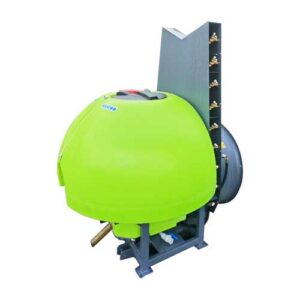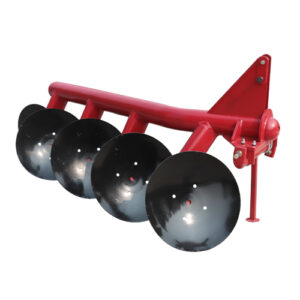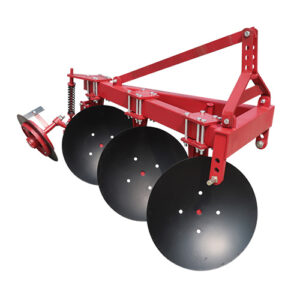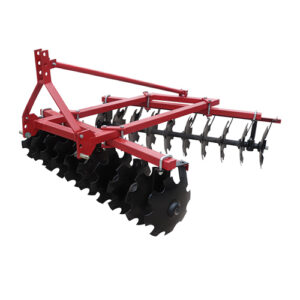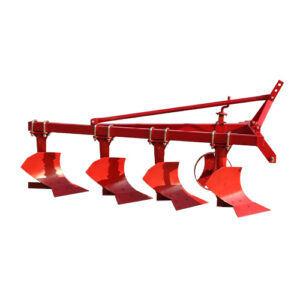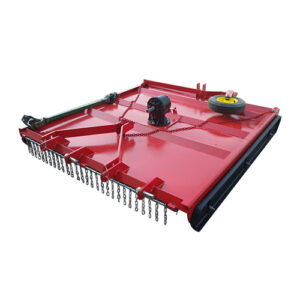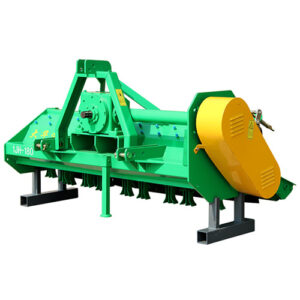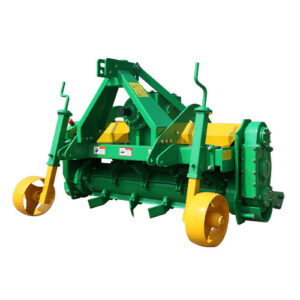Welcome to My Blog!
Before we dive into the content, I’d love for you to join me on my social media platforms where I share more insights, engage with the community, and post updates. Here’s how you can connect with me:
Facebook:https://www.facebook.com/profile.php?id=100092064188332
LinkedIn:https://www.linkedin.com/showcase/99315626/admin/dashboard/
YouTube:https:/www.youtube.com/@user-uy6lq2nu1z
Now, let’s get started on our journey together. I hope you find the content here insightful, engaging, and valuable.
Introduction
In modern agriculture, protecting crops from pests, diseases, and weeds is critical for ensuring high yields and food security. One of the most effective ways to safeguard crops is through the use of an agriculture sprayer pump. This essential piece of equipment helps farmers efficiently apply pesticides, herbicides, and fertilizers, ensuring even coverage and targeted treatment. In this guide, we’ll explore how an agriculture sprayer pump enhances crop protection, the key factors to consider when selecting one, and its impact on overall farm productivity.
Understanding the Role of an Agriculture Sprayer Pump
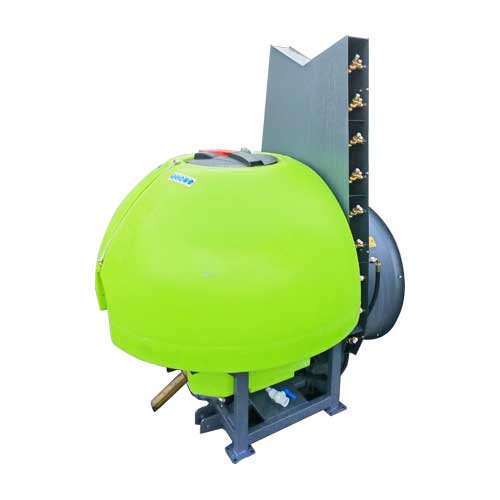
An agriculture sprayer pump is a device that delivers liquid chemicals to crops in a controlled and precise manner. Whether it’s used to apply pesticides to control pests, herbicides to eliminate weeds, or fertilizers to boost crop health, a sprayer pump ensures that these solutions are evenly distributed across the field. Without the efficiency of an agriculture sprayer pump, manual applications would be less effective, leading to uneven coverage and potential crop damage.
Sprayer pumps are commonly used in large-scale farming operations, but they are also vital in smaller farms, orchards, and vineyards. Their ability to deliver consistent pressure and coverage ensures that crops receive the protection they need without wasting chemicals, making them both cost-effective and environmentally friendly.
Key Benefits of Using an Agriculture Sprayer Pump for Crop Protection
The use of an agriculture sprayer pump offers numerous benefits that contribute to enhanced crop protection and overall farm efficiency. Here are some of the key advantages:
Precision in Chemical Application
One of the primary benefits of using an agriculture sprayer pump is the precision it offers in chemical application. Modern sprayer pumps are designed to provide even distribution of liquids, ensuring that every plant receives the correct amount of pesticides, herbicides, or fertilizers. This precision reduces the risk of over-application, which can lead to chemical runoff and environmental damage, and under-application, which may leave crops vulnerable to pests and diseases.
Increased Efficiency and Coverage
An agriculture sprayer pump allows farmers to cover large areas in a relatively short amount of time. Whether you are working on a large-scale farm or a small plot, the sprayer pump can be adjusted to accommodate different field sizes. The efficiency in coverage ensures that all crops are treated quickly, reducing labor costs and minimizing the risk of missed areas where pests or weeds could thrive.
Consistent Pressure for Better Performance
Maintaining consistent pressure is crucial when spraying crops. Uneven pressure can result in patchy application, leaving some crops untreated and others exposed to excessive chemicals. An agriculture sprayer pump ensures consistent pressure, delivering a steady flow of liquid across the entire field. This leads to more reliable results and better protection for crops.
Versatility for Different Crop Types
Agriculture sprayer pumps are versatile tools that can be used for a wide variety of crops. Whether you are spraying row crops, orchards, vineyards, or even greenhouses, a well-chosen sprayer pump can be adjusted to meet the specific needs of different types of plants. This versatility makes them an essential tool for farmers growing multiple types of crops.
Reduced Environmental Impact
By providing precise and controlled applications, agriculture sprayer pumps help reduce the environmental impact of farming. Excessive chemical use can lead to runoff, contaminating nearby water sources and affecting wildlife. With the proper use of a sprayer pump, farmers can apply only the necessary amount of chemicals, minimizing waste and protecting the environment.
Types of Agriculture Sprayer Pumps
There are several types of agriculture sprayer pumps, each designed to meet specific farming needs. Understanding the differences between these pumps can help you choose the best one for your operation.
Diaphragm Pumps
Diaphragm pumps are popular in agriculture due to their durability and ability to handle a wide range of chemicals, including corrosive liquids. These pumps work by moving liquid through a diaphragm that expands and contracts, delivering a consistent flow of chemicals.
Best for: Farmers who need a versatile, long-lasting pump that can handle various chemicals and conditions.
Centrifugal Pumps
Centrifugal pumps use a rotating impeller to move liquid. These pumps are known for their high flow rates and are ideal for applications where large volumes of liquid need to be sprayed quickly.
Best for: Large-scale farming operations where speed and volume are critical for crop spraying.
Piston Pumps
Piston pumps are highly efficient and can generate high pressure, making them suitable for applications that require a precise and powerful spray. However, they can be more sensitive to abrasive chemicals and may require regular maintenance.
Best for: Precision farming tasks where high pressure and accuracy are needed for targeted applications.
Roller Pumps
Roller pumps are often used in smaller farming operations. They are economical and provide moderate pressure and flow rates. However, they may not last as long as diaphragm or centrifugal pumps and are best suited for light-duty spraying.
Best for: Small-scale farms or gardens where cost is a major factor and moderate spraying is needed.
Table of Common Agriculture Sprayer Pump Types
| Type of Pump | Flow Rate | Pressure | Best Suited For |
|---|---|---|---|
| Diaphragm Pump | Moderate to High | Low to High | Versatile applications, handling various chemicals |
| Centrifugal Pump | High | Low to Moderate | Large-scale spraying, high-volume applications |
| Piston Pump | Low to Moderate | High | Precision tasks requiring high pressure |
| Roller Pump | Low to Moderate | Low to Moderate | Small-scale farms, light-duty spraying tasks |
Factors to Consider When Choosing an Agriculture Sprayer Pump
Selecting the right agriculture sprayer pump involves evaluating several factors to ensure that it fits your farm’s needs and the type of crops you are cultivating. Here are some critical factors to consider:
Flow Rate and Pressure
The flow rate and pressure of the sprayer pump determine how much liquid can be applied and how far the spray can reach. For larger fields, higher flow rates are essential to cover the area efficiently. Similarly, higher pressure is necessary for reaching taller crops or spraying from a distance.
Chemical Compatibility
Different sprayer pumps are designed to handle specific types of chemicals. Before purchasing a pump, ensure that it is compatible with the pesticides, herbicides, or fertilizers you plan to use. Diaphragm pumps, for example, are resistant to corrosive chemicals, while piston pumps may require more careful handling.
Durability and Maintenance
Durability is a key consideration when choosing a sprayer pump. Pumps that handle abrasive chemicals may require more maintenance, so opting for a durable model with readily available replacement parts can help reduce downtime. Diaphragm pumps are known for their longevity, while roller pumps may require more frequent maintenance.
Power Source
Agriculture sprayer pumps can be powered by gasoline, electric, or hydraulic systems. Gasoline-powered pumps are common for large-scale operations, offering portability and high power. Electric pumps are quieter and more suitable for smaller farms or greenhouses, while hydraulic pumps are used in heavy-duty applications.
How Agriculture Sprayer Pumps Improve Farm Productivity
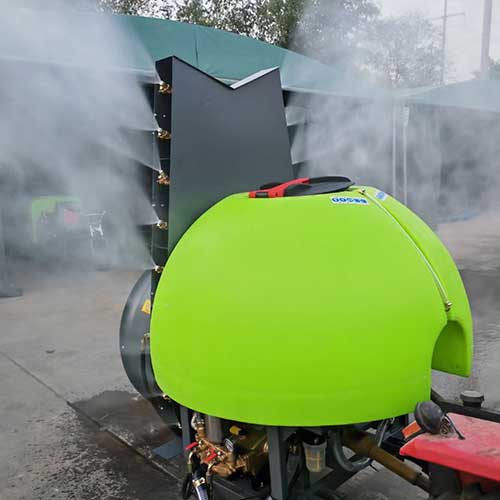
Using an agriculture sprayer pump not only enhances crop protection but also improves overall farm productivity. Here’s how:
Saves Time and Labor
With an agriculture sprayer pump, farmers can cover large areas quickly, reducing the amount of manual labor required. This allows more time to focus on other important tasks, such as planting, monitoring, and harvesting.
Reduces Chemical Waste
By delivering precise applications, sprayer pumps minimize chemical waste, reducing costs associated with purchasing excessive pesticides or herbicides. This also ensures that chemicals are used more efficiently, leading to better crop health and fewer environmental hazards.
Enhances Crop Yield
Consistent and even application of chemicals ensures that crops receive the necessary protection, leading to higher yields. Proper use of a sprayer pump can prevent disease outbreaks and pest infestations, protecting the farm’s profitability.
Conclusion
An agriculture sprayer pump is an essential tool for any farmer looking to enhance crop protection and improve efficiency. Whether you are managing a large-scale farming operation or a smaller agricultural project, selecting the right sprayer pump can make a significant difference in how effectively you apply chemicals. By considering factors such as the type of pump, flow rate, chemical compatibility, and durability, you can ensure that your crops receive the protection they need to thrive.
FAQ
How do I know which agriculture sprayer pump is best for my farm?
The best agriculture sprayer pump depends on factors such as the size of your farm, the types of chemicals you use, and the specific tasks you need the pump for. Diaphragm pumps are ideal for handling corrosive chemicals, while centrifugal pumps are suited for high-volume applications.
How often should I maintain my agriculture sprayer pump?
Regular maintenance should be performed according to the manufacturer’s guidelines. This typically includes checking seals, replacing worn parts, and cleaning the pump to prevent clogging. More frequent maintenance may be needed if you are working with abrasive chemicals.
Can I use any type of pesticide with my sprayer pump?
Not all sprayer pumps are compatible with every type of chemical. Before using a specific pesticide or herbicide, check that your sprayer pump is designed to handle the chemical’s properties, especially if it is corrosive or abrasive.
What is the average lifespan of an agriculture sprayer pump?
The lifespan of a sprayer pump varies depending on the type of pump, usage, and maintenance. Diaphragm pumps tend to have longer lifespans, especially if they are well-maintained, while roller pumps may require more frequent replacements.
How can I improve the efficiency of my sprayer pump?
To improve efficiency, regularly maintain the pump, use compatible chemicals, and ensure that the pressure settings are correct for the specific task. Also, make sure to clean nozzles and filters to avoid blockages and ensure even spraying.


